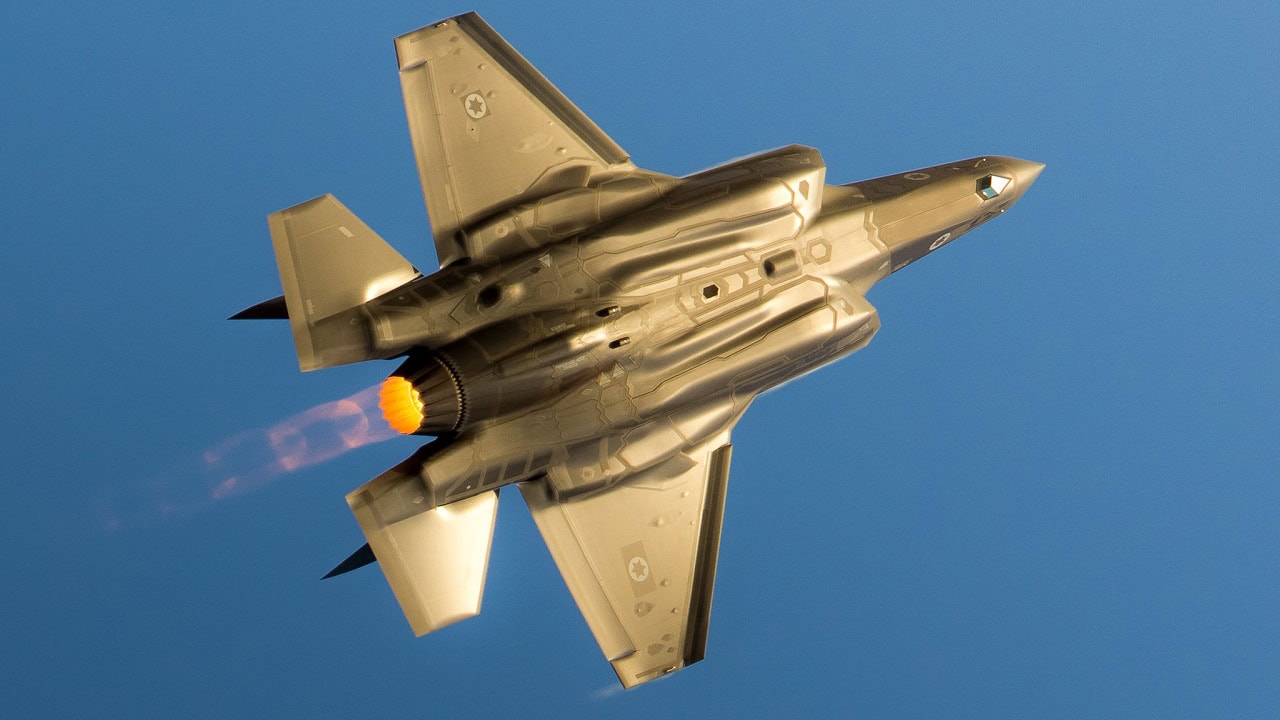No Lockheed Martin F-35 has ever been shot down, and while Iran has claimed it has the capability to lock onto the fifth-generation stealth fighter, the Israeli Air Force’s F-35I Adir fighters have reportedly entered Iranian airspace and met little resistance. The jets were also able to evade Russian and Iranian radar during recent drills.
The aircraft is also one of the most popular military platforms in the world, having been adopted by nations around the globe.
However, in August, the F-35 faced an unexpected foe like no other. It resulted in the United States Department of Defense (DoD) halting delivery of the advanced aircraft. It wasn’t the ejector seat issue that had been resolved, and it wasn’t weather related.
Rather, it was found that a metal component used in the jet’s engines came from China. On August 19, the Defense Contract Management Agency notified the F-35 Joint Program Office that an alloy used in magnets contained in the jet’s turbomachine pumps was of Chinese origin. It was also quickly announced that there was no security risk. The turbomachine is an engine component that provides power to its engine-mounted starter/generator.
“We have confirmed that the magnet does not transmit information or harm the integrity of the aircraft and there are no performance, quality, safety or security risks associated with this issue, and flight operations for the F-35 in-service fleet will continue as normal,” F-35 Joint Program Office spokesman Russell Goemaere said in a statement to the media.
The problem was discovered after Honeywell, the marker of the turbomachine, learned from one of its suppliers that another supplier had used alloy sourced from China. Honeywell subsequently reported the issue to Lockheed Martin, the prime contractor of the jet.
It isn’t uncommon for some material in U.S. military aircraft to be sourced from overseas, including from China, but those components require a DoD waiver. In this case, the magnets in question incorporated a cobalt and samarium alloy that does not comply with U.S. procurement laws.
F-35 Issue Resolved
On Friday, the Pentagon did approve such a national security waiver and will restart the deliveries of the F-35. According to Politico, Congress was notified that the DoD had completed its investigation and that William LaPlante, undersecretary of defense for acquisition and sustainment, did sign a national security waiver.
The report added that the Defense Department would not replace the part in aircraft that have already been delivered.
The recent concern involving the magnets could be more political than anything else, especially as so many of today’s consumer electronics – most notably smartphones – utilize materials that come from China. It should be added that there are also other Chinese-origin magnets used within the jet, but those have also received waivers from the Pentagon in the past.
A Senior Editor for 1945, Peter Suciu is a Michigan-based writer who has contributed to more than four dozen magazines, newspapers, and websites with over 3,000 published pieces over a twenty-year career in journalism. He regularly writes about military hardware, firearms history, cybersecurity, and international affairs. Peter is also a Contributing Writer for Forbes. You can follow him on Twitter: @PeterSuciu.

